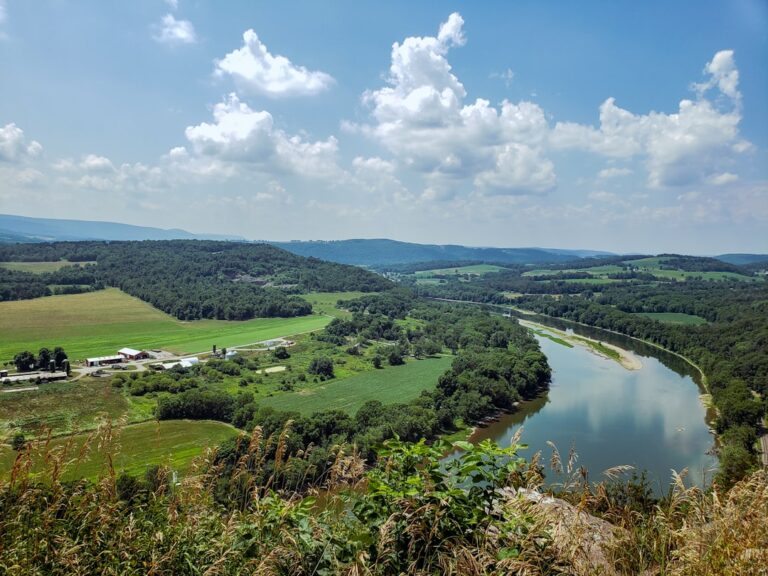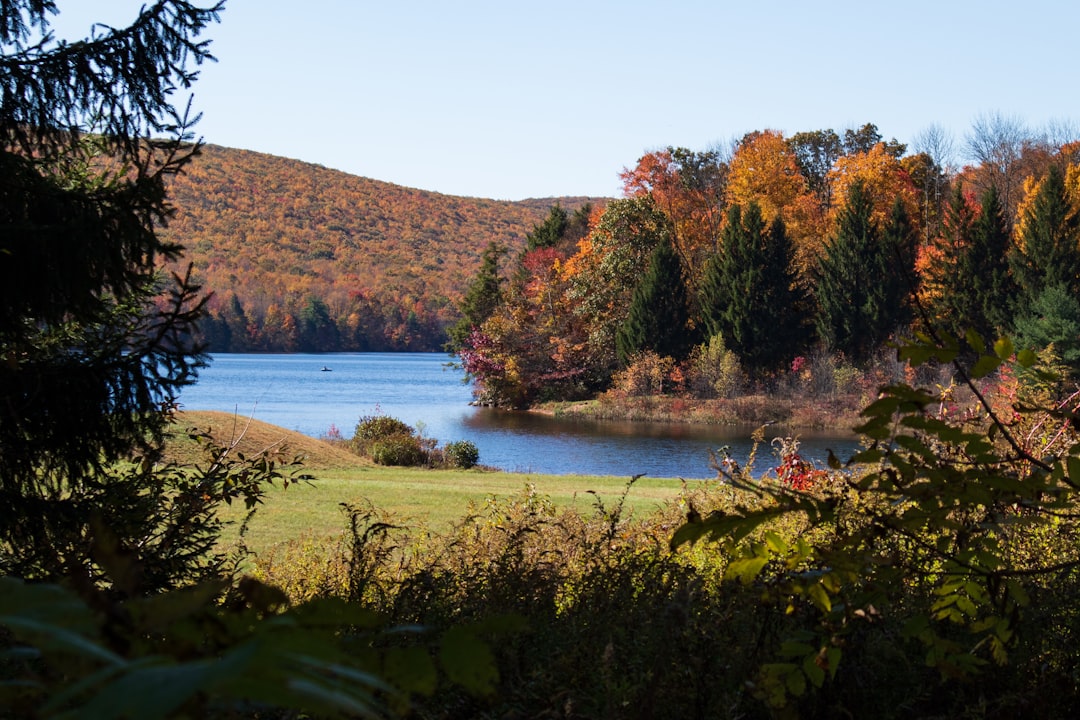Rural Pennsylvania's close-knit communities pose challenges for sexual abuse trials due to limited jury diversity and sensitivity around such cases. Specialized sexual abuse lawyers adapt strategies for jury selection, employing strategic questioning, community engagement, and fact-based arguments to secure fair trials and just verdicts for clients.
In rural Pennsylvania, jury selection for sexual abuse cases presents unique challenges. This article delves into the intricate legal landscape of the region, highlighting specific obstacles faced by sexual abuse lawyers. We explore how cultural nuances and limited resources impact trial dynamics. By understanding these unique factors, attorneys can employ effective strategies to ensure justice in rural communities. Key areas discussed include the jury selection process, potential barriers, and advocacy techniques tailored to this sensitive context. For those seeking guidance on sexual abuse cases in Pennsylvania, these insights offer valuable direction.
Understanding Rural Pennsylvania's Legal Landscape

In rural Pennsylvania, the legal landscape surrounding sexual abuse cases presents unique challenges. This region’s tight-knit communities often mean that potential jurors may be personally familiar with the accused or the victims, making it difficult to find an impartial jury. Additionally, the lack of diverse populations in these areas can limit the pool of potential jurors, potentially leading to a jury that does not reflect the community affected by the case. This dynamic requires sexual abuse lawyers in Pennsylvania to employ creative strategies when selecting a jury, ensuring they can present their case fairly and effectively.
The rural setting also influences the legal process through its slower pace and different cultural norms. In such an environment, experienced sexual abuse lawyers must adapt their approach, understanding that cases may progress at a different tempo. They need to be adept at navigating local customs and traditions while adhering strictly to legal procedures, ensuring a thorough and just trial for all involved.
Unique Challenges in Sexual Abuse Trials

Sexual abuse trials, particularly in rural areas like Pennsylvania, face unique challenges that can impact their outcome. One significant hurdle is the sensitivity and stigma associated with sexual assault, which may deter potential jurors from serving or influence their perception of the case. This can make it difficult to secure an impartial jury, a critical aspect for ensuring a fair trial.
Additionally, finding qualified and diverse jurors in rural communities can be challenging. With smaller populations, the pool of potential participants might be limited, increasing the risk of bias or homogeneity among the selected individuals. A sexual abuse lawyer in Pennsylvania must navigate these complexities, employing strategic jury selection techniques to ensure a representative and unbiased panel that can adequately grasp the nuances of such sensitive cases.
Jury Selection Process and Potential Barriers

The jury selection process in rural Pennsylvania, particularly for sexual abuse cases, presents unique challenges. It involves sifting through a pool of potential jurors who may have limited exposure to diverse communities and issues, including sensitive topics like sexual violence. This can lead to barriers in finding an impartial jury that understands the nuances of such cases.
Sexual abuse lawyers in Pennsylvania must navigate these complexities by employing strategic questioning during voir dire. They aim to identify prospective jurors who possess the capacity for empathy, critical thinking, and open-mindedness. Overcoming potential biases and preconceived notions is crucial to ensuring a fair trial. This meticulous approach requires a deep understanding of local demographics and cultural sensitivities to effectively challenge for a jury that can render just verdicts based on the evidence presented.
Strategies for Effective Advocacy in Rural Communities

In rural Pennsylvania, where communities are often tightly knit, jury selection for sensitive cases like sexual abuse can pose unique challenges. Lawyers must employ strategic tactics to ensure a fair and impartial jury. One effective approach is to utilize local networks and community leaders who can help identify potential jurors with diverse backgrounds and perspectives. This includes engaging with church groups, local businesses, and social organizations to raise awareness about the case and gauge community sentiment.
Additionally, sexual abuse lawyers in Pennsylvania should be prepared to address potential biases or preconceptions within the rural community. They can do this by presenting compelling and fact-based arguments, leveraging expert witnesses, and sharing relevant statistics to educate jurors. By employing these strategies, legal advocates can navigate the complex landscape of rural jury selection while advocating fiercely for their clients’ rights and seeking justice in sexual abuse cases.






